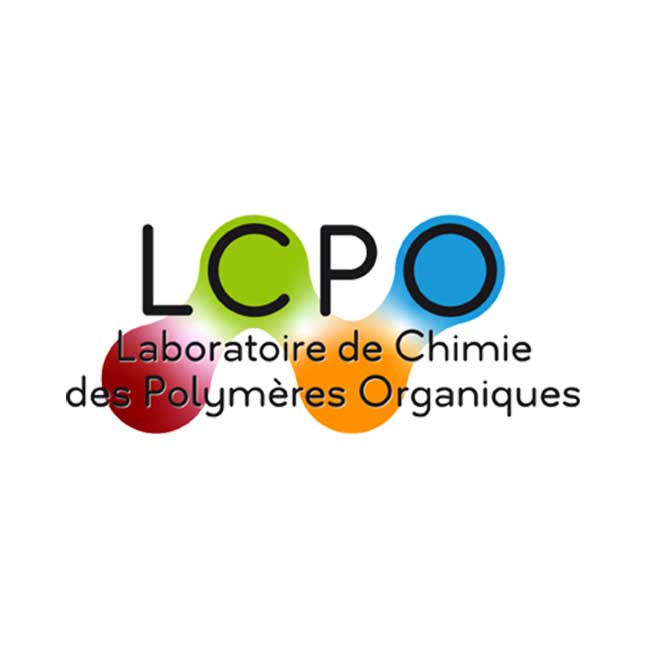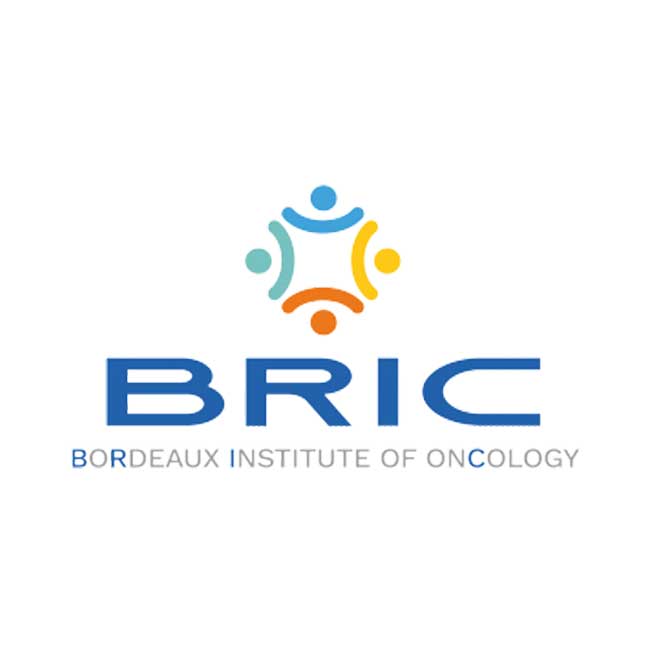Remotely Activated Chemotherapy
pushing the limits
of conventional chemotherapy
A therapeutic approach designed to improve tumor targeting while limiting exposure to healthy tissues through localized activation by radiotherapy.
Our mission
Doxanano is dedicated to advancing conventional chemotherapy for patients with solid tumors. Our goal is to significantly increase the selective delivery of chemotherapeutic agents to tumor tissue whilst dramatically reducing adverse effects on healthy organs.
To achieve this, we combine the unique properties of our DXN nanoparticles drug delivery platform with the precision of radiotherapy.
Current chemotherapy limitations
Chemotherapy remains a cornerstone of cancer treatment, yet its full therapeutic potential has not been fully realized. Treatment doses are typically constrained by patient tolerance rather than optimized for maximum tumor eradication. This limitation arises due to the nature of cytotoxic molecules, which, when injected intravenously, affect healthy cells as well as cancer cells.
Our ambition is to reverse this paradigm with our groundbreaking therapeutic approach, RAC® (Remotely Activated Chemotherapy), designed to support more effective and less toxic chemotherapy.
Technological platform
DXNs are polymer-based nanoparticles designed for their exceptional robustness. Developed from patented French academic research in nanosciences, the DXN platform combines polymer chemistry with the controlled effects of ionizing radiation to enable precise drug delivery.
STABLE IN PHYSIOLOGICAL CONDITIONS

CLEAVABLE UNDER X-RAY EXPOSURE

MULTIPLE PAYLOAD CAPABILITY
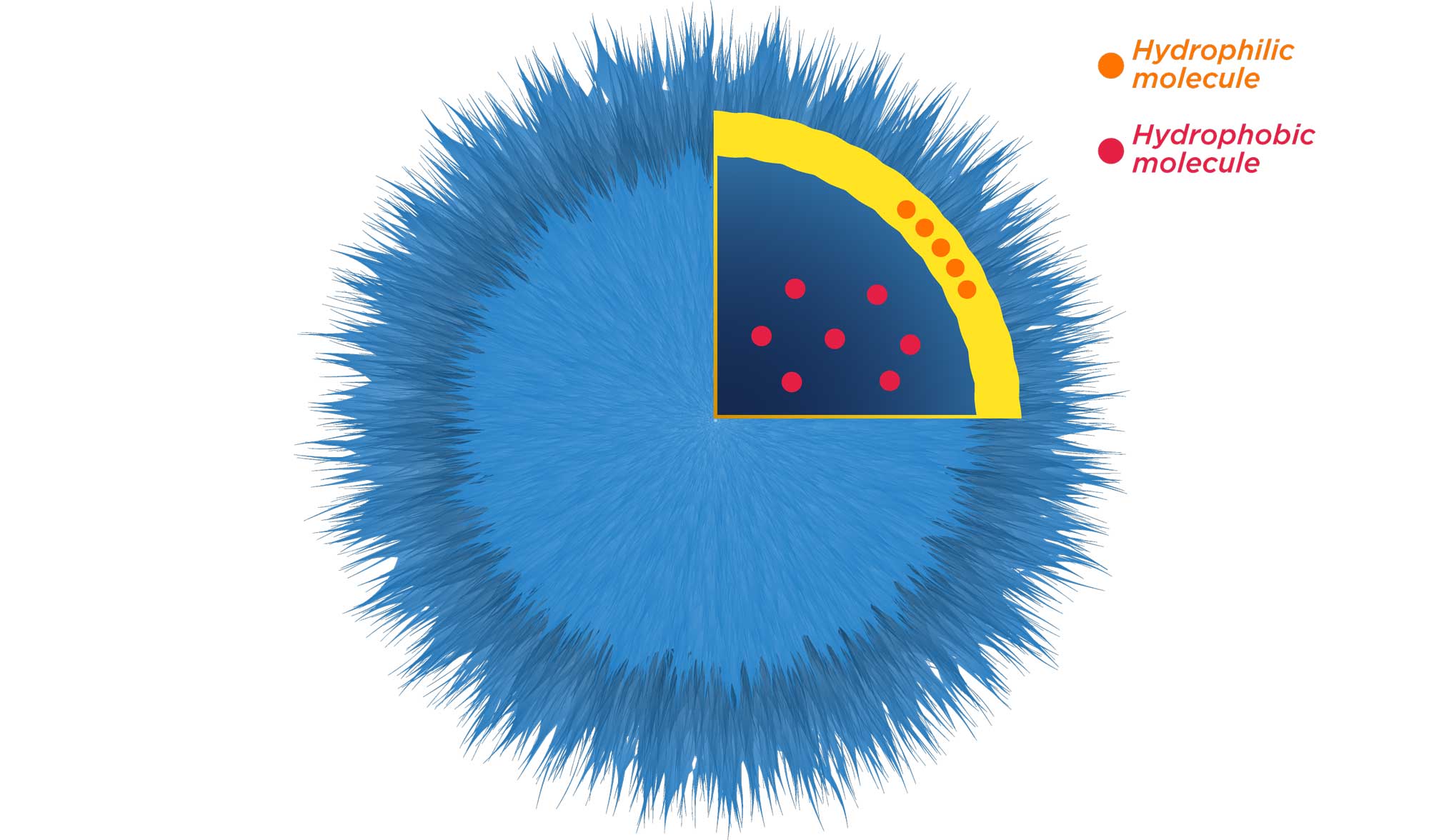
Our therapeutic approach
RAC® (Remotely Activated Chemotherapy) is designed to treat patients with solid tumors through a two-step therapeutic approach:
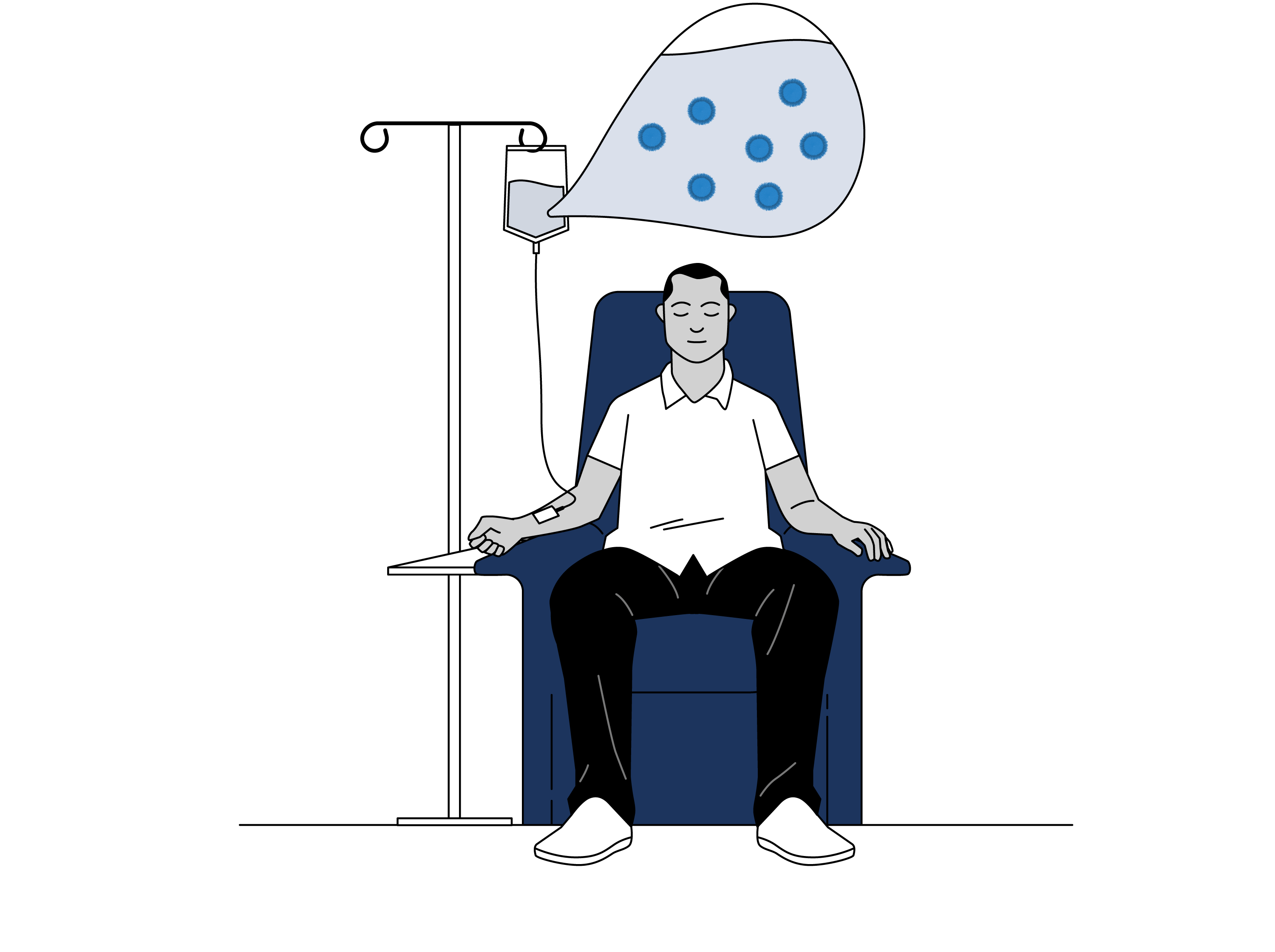
STEP 1 Systemic injection
DXNs are administered intravenously. Each nanovesicle contains cytotoxic molecules, enabling their secure transport throughout the body and preventing them from unnecessarily damaging healthy cells.
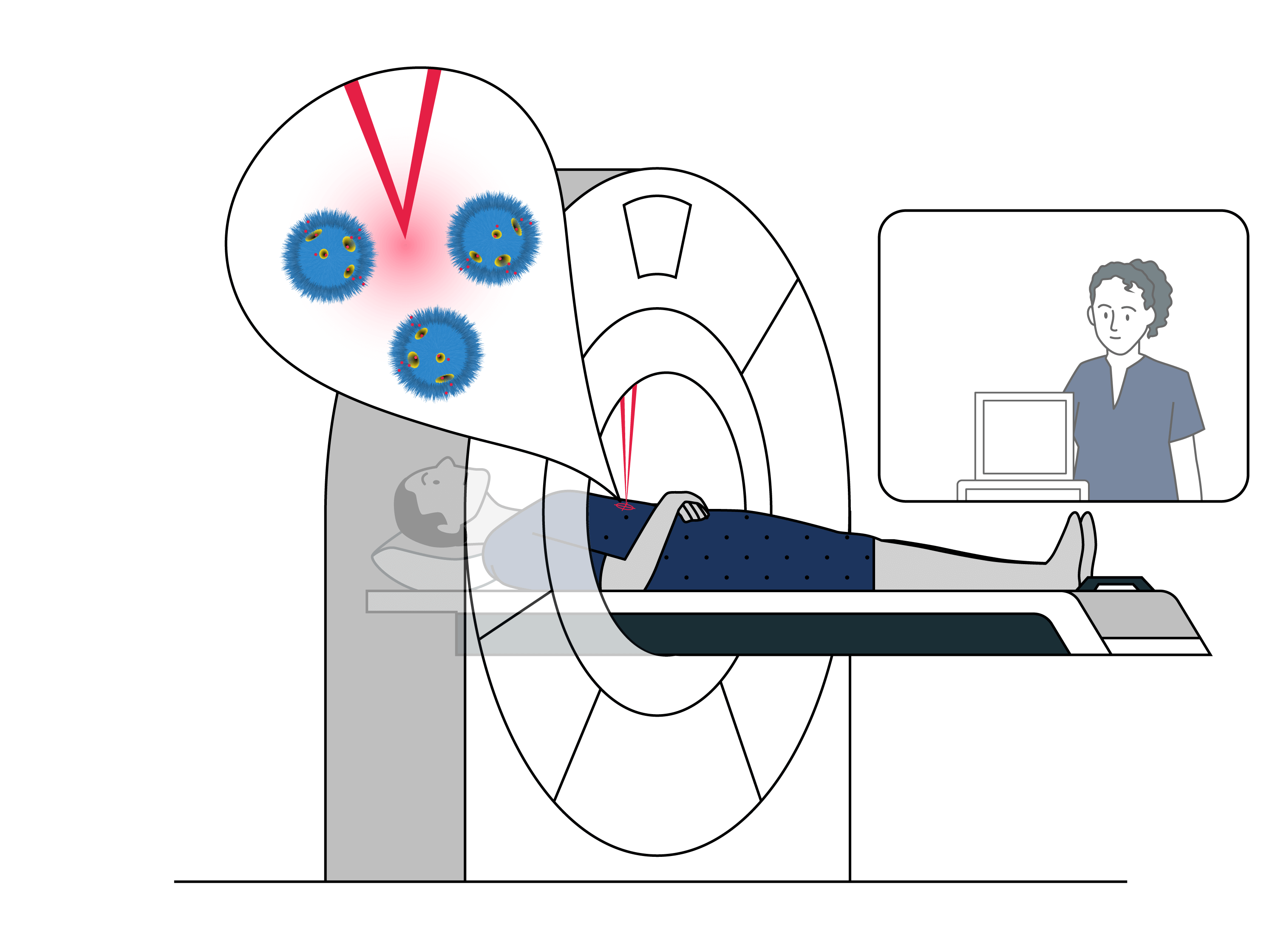
STEP 2 Localized activation for local release
DXNs have a specific structure that weakens under the effect of high energy X-rays, allowing the controlled and targeted release of anticancer molecules. This approach provides unparalleled precision in targeting the deepest tumors, allowing for spatial and temporal control of drug release.
A revolutionary therapeutic approach for a universal reach
Unlike most therapies based on biotechnologies with a narrow reach at high cost, the Remotely Activated Chemotherapy targets a large number of patients. An estimated 1.8 millions per year will be eligible, for whom survival or preservation of critical organ function is at stake.
RAC® also has the potential to address a wide variety of locally advanced tumors (gastrointestinal, head & neck, cervical tumors, non-small cell lung cancer, sarcoma, etc.) and at affordable cost.
Doxanano brings together a team of experienced scientists and industry leaders united by a shared ambition to win the race against cancer.
Their complementary backgrounds in nanomedicine polymer chemistry and corporate leadership supports a focused and effective approach to transforming cancer treatment.
Our core team

Dr Isabel Marey-Semper
Co-founder & CEO
Isabel founded Doxanano in March 2023. She is a graduate of École Normale Supérieure (ENS), holds a PhD and an MBA and has more than fifteen years of experience in executive roles within major scientific industrial groups. Her background spans general management, strategy, finance, research and innovation, governance, industrial scale-up, and international development. She also brings extensive board experience within listed companies and deep-tech ventures.

Pr Sébastien Lecommandoux
Co-founder & Scientific Director
Sébastien is an internationally recognized expert in the field of polymersomes. He is the co-inventor of the core patent underlying Doxanano’s technology and author of more than twenty patents in the field. Professor at the University of Bordeaux, he holds a PhD and an Habilitation to Direct Research (HDR) and continues to shape research advances at the forefront of polymer science and nanomedicine.

Dr Leslie Dubrana
Co-founder & Scientific Partnerships Officer
Leslie is an engineer and PhD graduate, specialized in chemistry and biology. She has solid experience in oncology and toxicology, and brings cross-disciplinary expertise in nanomedicine research.

Julien Aujard-Catot
Scientist
Julien holds a PhD in macromolecular chemistry and completed a two-year postdoctoral research program in the field of polypeptides. He has unique expertise in the synthesis of complex polymeric molecular structures. His work focuses on the physico-chemical and computational analysis of large polymer systems, contributing to the development of advanced nanomaterials.
Open position
🚀 Drug delivery R&D Engineer 🚀










